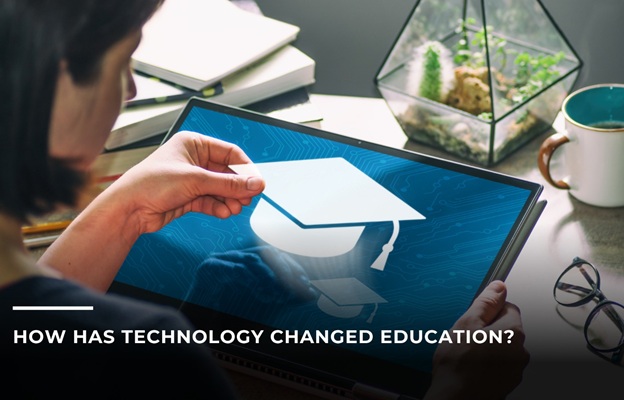UAE: Is 12 Years of Schooling Too Much in Today’s Tech-Driven World?

Over the past few years, technology has grown exponentially in every sector, including education. It all started with digital learning during the pandemic to upskilling courses introduced online. Today, many new platforms offer online certification courses, and universities are providing online teaching for their courses from anywhere in the world. Technology has made education more accessible, efficient, and engaging for learners, but it still has challenges on the path to digital education.
Today, educators can deliver content in new and innovative ways, making education more engaging for learners. From Augmented Reality, animations, and educational films to interactive content, educators have many such multimedia tools helping make learning more interactive, exciting, and memorable. According to the Cognitive Theory of Multimedia Learning theory by Mayer and Moreno (1999), students can achieve a deeper understanding and learning when information is presented as both text and graphics, making multimedia a wonderful tool for learning.
“The student will be able to learn from anywhere, at any time, on any device, and from any instructor — thanks to micro-credentials, which the UAE has already begun to accredit,” he said.
The future of education cannot be sustained without the integration of artificial intelligence (AI), a leading educator has stressed. With the global student population expected to grow significantly in the coming decades, AI may be the only viable solution to ensure accessibility, scalability, and long-term sustainability in education.
Speaking at a book launch on Monday, Dr. Eesa Al Bastaki, President of the University of Dubai, warned that the current education model is not equipped to meet future demands.
“If we enter the year 2050 with the same education system we have today, it will be disastrous,” he said. “No one will be able to learn effectively.”
Dr. Al Bastaki’s new book, titled AI and Education: When Smart Robots Become Educators, co-authored with international educator Dr. Marcel Saucet, explores the transformative potential of AI in reshaping educational systems, credentialing methods, and teaching practices.
“The theory is simple,” said Dr. Saucet. “As the number of students continues to rise, the only way forward is to shift learning online, powered by intelligent systems.”

























